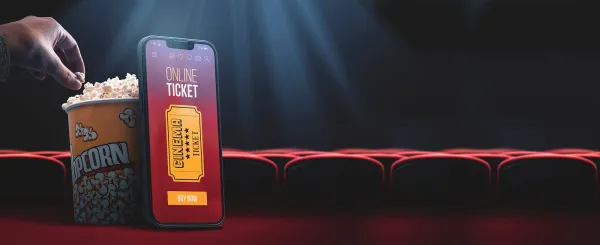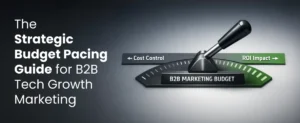Increased living costs means customers are making careful considerations about where to allocate their spending. And the entertainment industry need to plan with due empathy and engagement.
How to make pantos, plays, concerts and all forms of ticketed entertainment accessible and easily visible? Some cinema groups have lowered ticket prices to adapt to new consumption habits and apps such as TodayTix are promoting up to 66% on selected theatre shows.
New innovative thinking supported with creative marketing need to work hard together but the turnkey tactics is visibility. It’s no good investing in special ticket offers and exclusive early deals when no one knows.
With a wealth of entertainment client experience from The Ticket Factory to Andrew Lloyd Webber’s Really Useful Group, we’ve created an awesome line up of tips and tactics to help entertainment businesses navigate these dramatic times. Enough of the puns! Read on here.
Be clear and realistic
According to our co-founder John Wilkes, start out with a realistic expectation of how people are going to behave on your website. Sometimes marketing expectations are a little fantastical and not based on a broad spectrum of available and meaningful data.
Theatrical bookers rarely just visit and purchase in one step. Booking for performances requires multiple steps, pauses and repeat visits. Conversations with colleagues, friends and family members need to take place and that initial research is almost always the start of a customer journey.
Oh no they didn’t!
Sometimes single data sets can be misleading. Google Analytics may contribute to skewed perceptions and take-aways that don’t take into account the big picture. That’s because the platform presents last click conversions and not the depth or length of the journey that led to that customer transaction.
For example with London theatre bookings, tourists often make up a large proportion of the audience and tend to start their research on mobile. They may then re-visit your website directly but this isn’t where they started their transactional journey.
Data will direct you
As we all know well, it’s the whole blend of data that will help you make good decisions. But it’s also knowing how to read that data that is critical. A good example is SEO. Google Analytics won’t demonstrate the heavy lifting that SEO has contributed to bringing customers to your website. As we said, often the first visit is not the final transaction and customer traffic may return directly after being led in by your valuable SEO activity.
Behind the Scenes
It’s sometimes surprising to find that web visitors like to dwell on specific information pages before they go to check out. A good website experience should allow people to explore ‘behind the scenes’ without losing their way to a ticket purchase. In fact for ticket booking, part of the booking experience is a website journey enriched with background information.
Some shows really benefit from website pages that share enticing details about the cast, the production, music or merchandise. Our advice is to make it easy for your audience by adding booking buttons on those popular pages too.
Equally, other parts of the business may also be competing for space on high traffic pages so it’s always important to remember what the priority objective is. This will help avoid an overwhelming or confusing experience. Rule 101 here is about giving customers a clear and enjoyable journey from homepage to checkout.
Testing,testing
Just like any West End smash hit production, constant rehearsal and refining is critical. It’s the same for creating high quality website experiences.
Value the time it takes to test hypotheses. When you look at your analytics and see that 60% of visitors are going to your cast page. Your hypothesis is that adding a direct conversion button on the cast page could help increase ticket sales. So if it works, great. But continue to look at what else is going on. Testing the design, colour, position and copy could also lead to better traffic. It’s called multi variant testing but it can take time.
Remember always that 360 degree design features are crucial factors that are worth testing and this includes how well your site performs or presents on a variety of devices including iphone, android, tablet or desktop.
Social media seduction
And finally, don’t be too seduced by the traffic that social media delivers. Our experience is that social media volume can be high but resulting conversion is low. But the good news is that this exploratory visitor phase may well lead to direct bookings later on.
Summary
Understanding customer behaviour, recognising patterns and expertly analysing data will help you deliver the best possible customer experience to optimise ticket sales. Alternatively – just get in touch – we’re here to help!




